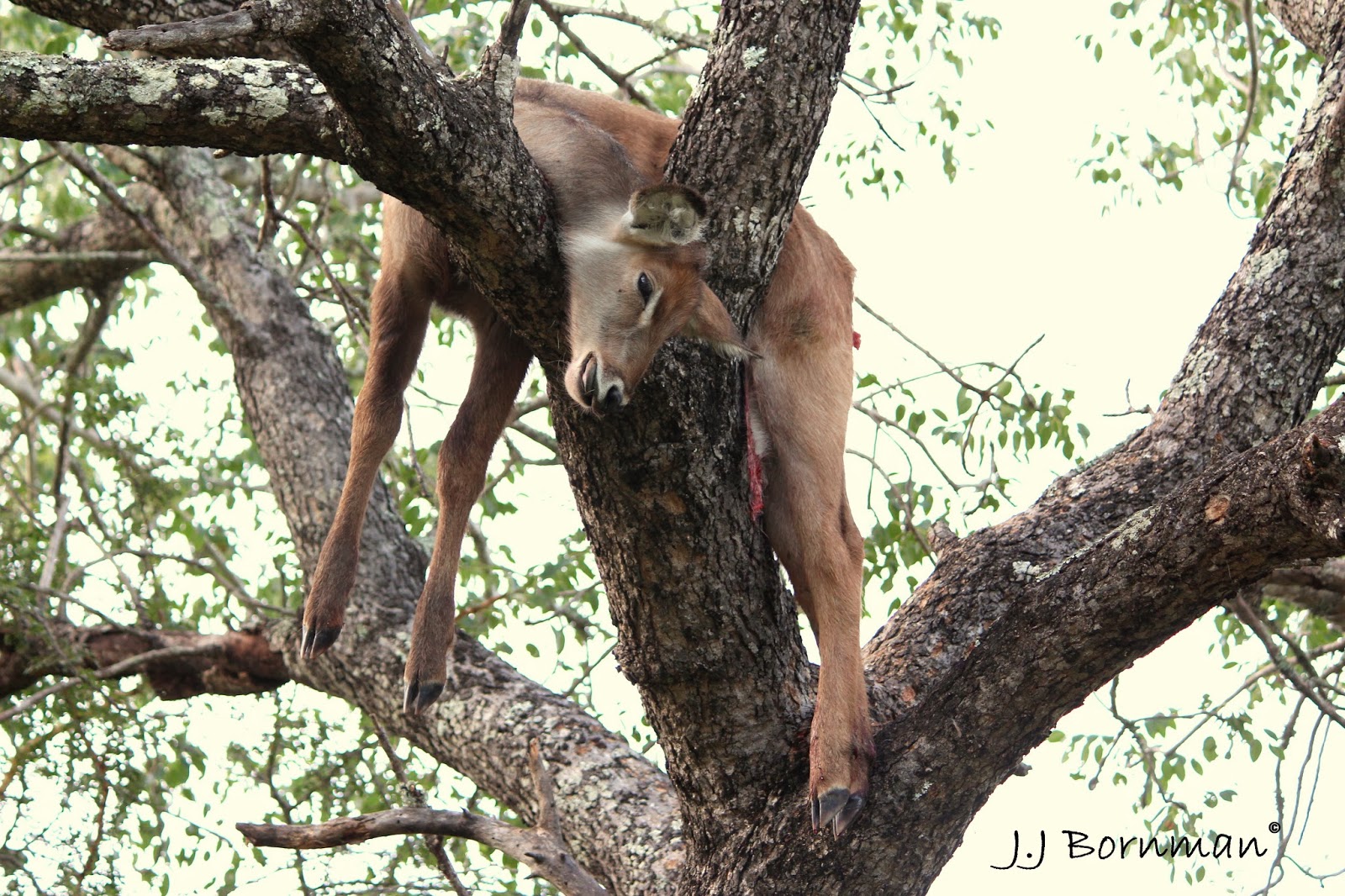Parasitism has many
forms.
The most common definition that can be used is: “A species which thrives on the lifeblood of a host- be it actual blood or the mineral and water rich cambium layer- and does so to the detriment of the host, often leading to the mortality of the aforementioned which the parasite cannot survive without”.
While many living in modern urbanization suffer only from bed mites, fleas and the occasional colleague or distant relative, creatures in nature are constantly at war with these parasitic invaders.
The most common definition that can be used is: “A species which thrives on the lifeblood of a host- be it actual blood or the mineral and water rich cambium layer- and does so to the detriment of the host, often leading to the mortality of the aforementioned which the parasite cannot survive without”.
While many living in modern urbanization suffer only from bed mites, fleas and the occasional colleague or distant relative, creatures in nature are constantly at war with these parasitic invaders.
There are many ways
in which animals have adapted to the battle for health and survival, some of
which can be seen in almost every single sighting.
The red-billed oxpecker with its modified bill, used to comb through the hair of grateful herbivores to extricate ticks lying against the animals’ skin is but one example. Another prominent technique is to roll in mud and then basking in the sun which allows the mud to cake. Once hardened, animals like warthogs, buffalo, rhinos and elephants will make use of favoured rubbing posts to extricate the hardened mud and any parasites trapped therein.
The red-billed oxpecker with its modified bill, used to comb through the hair of grateful herbivores to extricate ticks lying against the animals’ skin is but one example. Another prominent technique is to roll in mud and then basking in the sun which allows the mud to cake. Once hardened, animals like warthogs, buffalo, rhinos and elephants will make use of favoured rubbing posts to extricate the hardened mud and any parasites trapped therein.
 Just yesterday we
took great pleasure from observing an old buffalo bull. Riddled with ticks and
swarmed by flies, he rolled and splashed in the smallest of mud pools right next
to the road and our vehicle.
Just yesterday we
took great pleasure from observing an old buffalo bull. Riddled with ticks and
swarmed by flies, he rolled and splashed in the smallest of mud pools right next
to the road and our vehicle.Occasionally standing up, he would horn the surrounding vegetation, be it from frustration or simply an act of dominance, it always ended in a loud splash as he unceremoniously belly-flopped into the pan where he yet again proceeded to roll about and thus ensure a wide-spread, full-bodied lathering.
 Later that very
afternoon, two leopards surfaced from the undergrowth. While Jaces found Karula
walking down Gowie Main like she owned it, I sat with Kwathile as she walked through
dense vegetation and eventually crossed Triple M.
Later that very
afternoon, two leopards surfaced from the undergrowth. While Jaces found Karula
walking down Gowie Main like she owned it, I sat with Kwathile as she walked through
dense vegetation and eventually crossed Triple M.Having successfully notched leopard off the list, we made our way to Big Dam where we toasted a lavish sunset with beers in hand.
 Elephants were
dispersed throughout the area this morning, as they have every other morning of
late, but what truly captured our attention and pretty much the drive in its
entirety was the ever elusive Styx pride who had finally come out of hiding to
lie up and lollygag the morning away.
Elephants were
dispersed throughout the area this morning, as they have every other morning of
late, but what truly captured our attention and pretty much the drive in its
entirety was the ever elusive Styx pride who had finally come out of hiding to
lie up and lollygag the morning away.Even the approach of two oblivious giraffe was not enough to draw them from their reverie, barely piquing enough interest for the lions to raise their heads and lazily watch them pass-by
The cats were certainly not in the opportunistic mood so often portrayed by their kind!
Our interest satiated, there was nothing left but to turn around and trek home. The scent of bacon strong in our nostrils J


















































